Farmers are being warned that more responsible use of MCPA-based pesticides is needed for products to be freely available for purchase in the future.
Figures from NI Water indicate that nine out of the 23 water treatment works in NI have issues with pesticide levels, with the most common problem being MCPA, which is used mainly for rush control.
“Ultimately, if it is not dealt with we can foresee it coming to a situation where it will be banned,” Roy Taylor from NI Water said at a rush management event at the Northern Counties Co-op in Swatragh last week.
“If it is used properly there will be no need for it to be banned, but if things continue the way they are with high levels in the watercourse, I have no doubt the authorities will be looking at it,” he said.
During his presentation, Taylor highlighted that drinking water in NI is safe and meets all relevant standards. The issue with MCPA is the effect on aquatic life and the cost involved in removing it from water sources.
Taylor said that pesticide filters for water treatment works in problem areas cost around £5m and running costs can reach up to £50,000/year, depending on the amount of pesticide removed.
MCPA levels in water follow a seasonal trend each year, with a spike seen from May through to September, which is generally when rushes are sprayed.
NI Water estimates that 40% of pesticides in waterways originate from the site where sprayers are being filled. Farmers were told that 1g of MCPA active ingredient entering a drain requires 10m litres of water to dilute it to the safe drinking water limit.
“One person not doing things as they should can account for 99% of the problem,” Taylor said.
NI Water has been working with industry stakeholders as part of the Water Catchment Partnership to provide farmers in some MCPA problem areas with a free service to weed-wipe rushes with glyphosate.
In the Seagahan catchment in Co Armagh, 40 farmers signed up to the service and 426 acres were weed-wiped with glyphosate.
NI Water found that the level of MCPA in the Seagahan reservoir subsequently reduced by almost two thirds.
“We haven’t had to regenerate filters and we have saved a lot of money,” Taylor said.
Weed-wiping with glyphosate is the preferred option for rush control from a water quality point of view as weed-wiping is more targeted and glyphosate breaks down within six to seven days, compared with 30 to 40 days with MCPA.
Rush control
An ongoing study by CAFRE across five sites in NI has also found that cutting rushes and weed-wiping the re-growth with glyphosate has been the most effective rush control measure.
Data from the first four years of the trial showed that flailing and weed-wiping reduced rush covers by 50% to 68%. Only weed-wiping with glyphosate led to a 48-65% reduction in covers and spraying with MCPA lowered covers by 42-55%.
Graeme Campbell from CAFRE said that cutting rushes with no chemical treatment was not effective, and led to increased rush cover at all sites. He pointed out that MCPA can only be sprayed and is not licensed for use in weed-wipers.
Farmers at the event at Swatragh were advised to graze fields tightly before weed-wiping with glyphosate, to minimise damage to underlying grass swards.
Read more
Your farm: controlling rushes in Co Leitrim
Pesticides in drinking water detected in 14 counties
Farmers are being warned that more responsible use of MCPA-based pesticides is needed for products to be freely available for purchase in the future.
Figures from NI Water indicate that nine out of the 23 water treatment works in NI have issues with pesticide levels, with the most common problem being MCPA, which is used mainly for rush control.
“Ultimately, if it is not dealt with we can foresee it coming to a situation where it will be banned,” Roy Taylor from NI Water said at a rush management event at the Northern Counties Co-op in Swatragh last week.
“If it is used properly there will be no need for it to be banned, but if things continue the way they are with high levels in the watercourse, I have no doubt the authorities will be looking at it,” he said.
During his presentation, Taylor highlighted that drinking water in NI is safe and meets all relevant standards. The issue with MCPA is the effect on aquatic life and the cost involved in removing it from water sources.
Taylor said that pesticide filters for water treatment works in problem areas cost around £5m and running costs can reach up to £50,000/year, depending on the amount of pesticide removed.
MCPA levels in water follow a seasonal trend each year, with a spike seen from May through to September, which is generally when rushes are sprayed.
NI Water estimates that 40% of pesticides in waterways originate from the site where sprayers are being filled. Farmers were told that 1g of MCPA active ingredient entering a drain requires 10m litres of water to dilute it to the safe drinking water limit.
“One person not doing things as they should can account for 99% of the problem,” Taylor said.
NI Water has been working with industry stakeholders as part of the Water Catchment Partnership to provide farmers in some MCPA problem areas with a free service to weed-wipe rushes with glyphosate.
In the Seagahan catchment in Co Armagh, 40 farmers signed up to the service and 426 acres were weed-wiped with glyphosate.
NI Water found that the level of MCPA in the Seagahan reservoir subsequently reduced by almost two thirds.
“We haven’t had to regenerate filters and we have saved a lot of money,” Taylor said.
Weed-wiping with glyphosate is the preferred option for rush control from a water quality point of view as weed-wiping is more targeted and glyphosate breaks down within six to seven days, compared with 30 to 40 days with MCPA.
Rush control
An ongoing study by CAFRE across five sites in NI has also found that cutting rushes and weed-wiping the re-growth with glyphosate has been the most effective rush control measure.
Data from the first four years of the trial showed that flailing and weed-wiping reduced rush covers by 50% to 68%. Only weed-wiping with glyphosate led to a 48-65% reduction in covers and spraying with MCPA lowered covers by 42-55%.
Graeme Campbell from CAFRE said that cutting rushes with no chemical treatment was not effective, and led to increased rush cover at all sites. He pointed out that MCPA can only be sprayed and is not licensed for use in weed-wipers.
Farmers at the event at Swatragh were advised to graze fields tightly before weed-wiping with glyphosate, to minimise damage to underlying grass swards.
Read more
Your farm: controlling rushes in Co Leitrim
Pesticides in drinking water detected in 14 counties




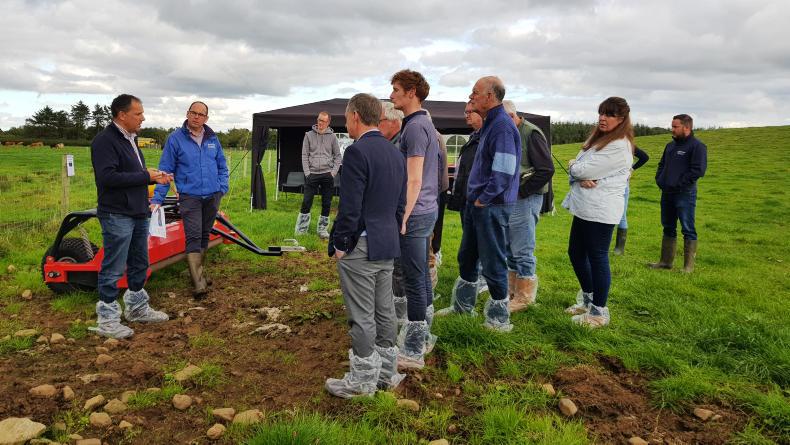
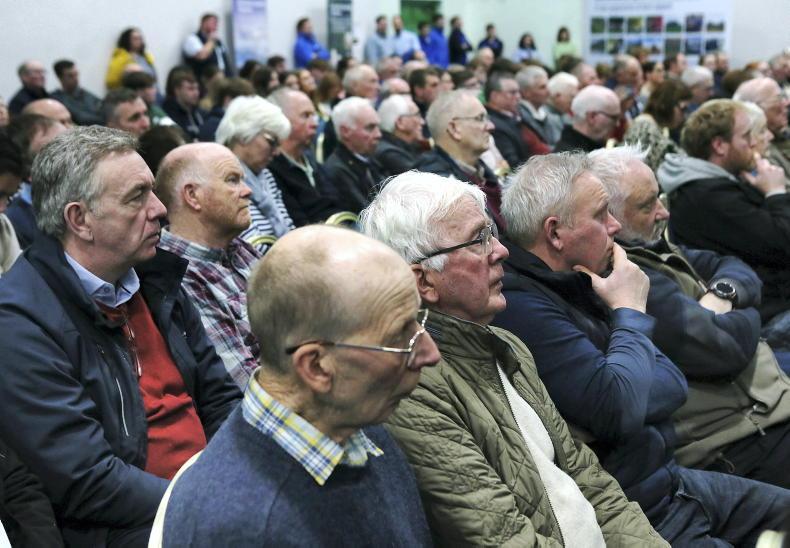

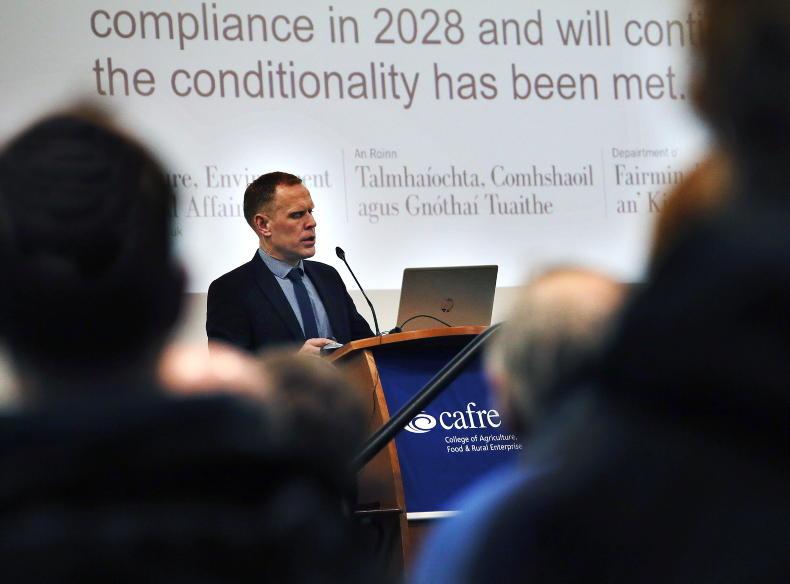
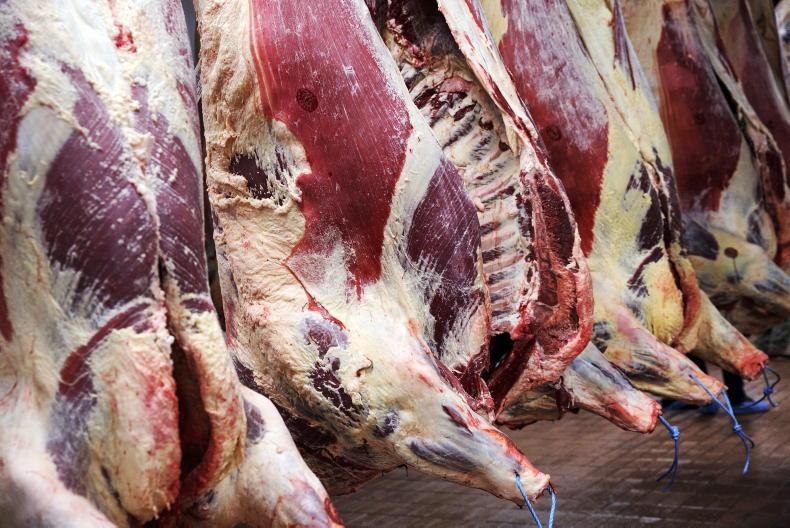
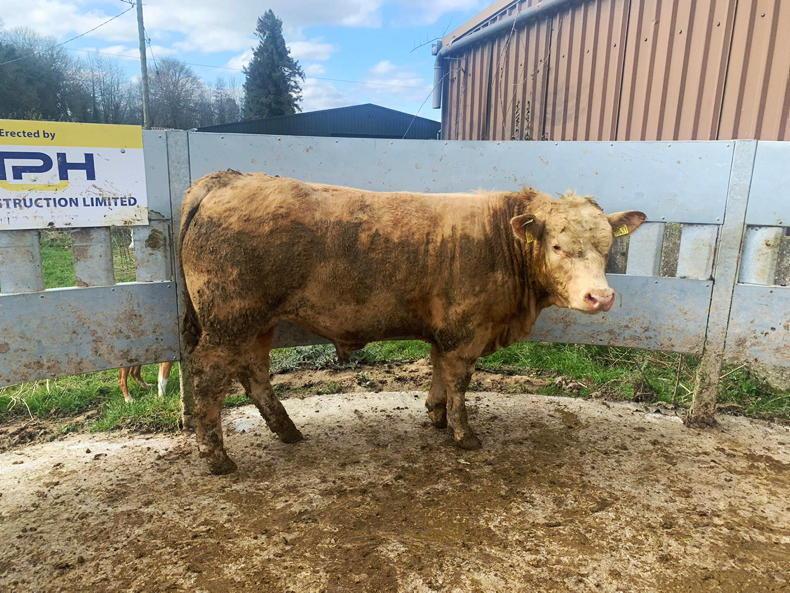
SHARING OPTIONS